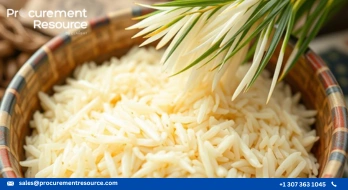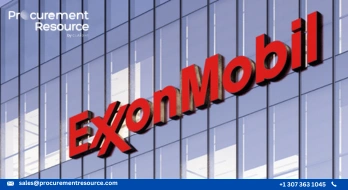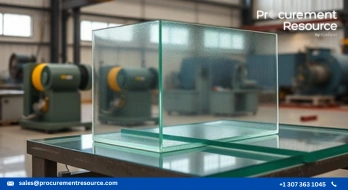The Bursa Carbon Exchange Formally Starts-off Carbon Credit Trading
.webp)
The Bursa Carbon Exchange (BCX), an offshoot of Malaysia's main stock exchange, Bursa Malaysia, has officially initiated continuous trading along with the facilitation of off-market carbon credit transactions. As explained by the exchange, continuous trading pertains to on-the-spot trading of standardized contracts, while off-market transactions involve bilateral deals negotiated directly between the buyer and seller after completing an onboarding process.
The initial days of trading witnessed 10 diverse companies, such as Vitol Asia, a trading firm, and CIMB bank, transacting a cumulative 16,500 carbon credits registered with Verra. Bursa Malaysia revealed two standardized contract models for trading on BCX. One focuses on technology-driven greenhouse gas (GHG) reduction projects, while the other centers on nature-based GHG reduction endeavors that provide additional benefits, especially in the agriculture, forestry, and land use sectors.
Muhamad Umar Swift, the Chief Executive Officer of Bursa Malaysia, pointed out the noteworthy participation of smaller entities. While large corporations' involvement remains crucial, the surge from smaller firms underscores a broader recognition of sustainable practices. This trend hints at a potential future increase in demand for decarbonization initiatives.
In addition to carbon credits, Bursa Malaysia plans to introduce renewable energy certificates (RECs) for trading by 2024's third quarter. Swift noted a growing demand from corporate entities seeking a reliable and economical platform for REC transactions.
Bursa Malaysia's foray into the carbon market began with the inauguration of BCX in late 2022, and the first carbon credit auction took place in March the following year. Highlighting Malaysia's potential, Bursa Malaysia's chairman, Abdul Wahid Omar, emphasized the country's vast forest cover, which paves the way for generating carbon credits via nature-based solutions. Additionally, technology-centric methods, such as methane capture, green mobility, and carbon capture techniques, offer further opportunities.
In a parallel development, Indonesia unveiled its inaugural carbon exchange, reflecting a mounting interest from neighboring nations in developing carbon marketplaces as a strategy in their energy transition journeys. As per records, the Indonesian Carbon Exchange executed 27 transactions accounting for 459,953 tons of CO2 equivalent by the end of September.
According to the article by Procurement Resource, Bursa Carbon Exchange (BCX), backed by Malaysia's Bursa Malaysia, has started continuous and off-market carbon credit trading. This move saw 10 companies, including Vitol Asia and CIMB bank, trade 16,500 Verra-registered carbon credits. BCX offers two contract types: technology-based and nature-focused GHG reduction.
Muhamad Umar Swift of Bursa Malaysia noted increased small business participation, suggesting a broader acceptance of sustainability. Additionally, Renewable Energy Certificates will be available by Q3 2024. While BCX was introduced in 2022, Indonesia also recently launched its carbon exchange, signifying a regional shift towards carbon markets.



